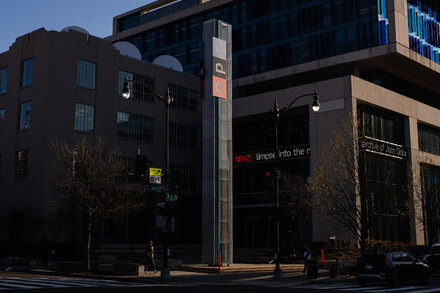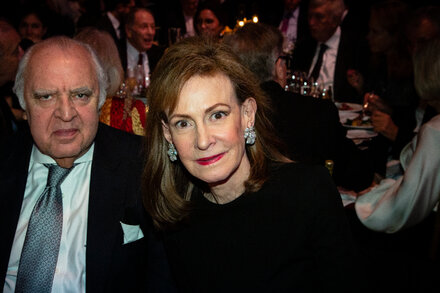ANTANANARIVO, Madagascar – President Andry Rajoelina of Madagascar announced Monday the dissolution of his government following weeks of deadly protests that have gripped the Indian Ocean island nation. The decision comes amidst escalating unrest over the rising cost of living, allegations of corruption, and widespread economic hardship, which have claimed dozens of lives and left hundreds injured.
In a televised address from the presidential palace, Rajoelina stated that the move was necessary to restore stability and address the legitimate concerns of the populace. He emphasized the need for a “new dynamic” to guide the country forward.
“I have listened carefully to the voice of our people,” President Rajoelina said. “The current situation demands bold decisions for the good of the nation. It is clear that a new direction is needed to bring peace, unity, and progress. Therefore, I have decided to dissolve the government and appoint a new team that will be tasked with meeting the expectations of all Malagasy citizens.”
The protests, which began in late August, intensified over the past week, particularly in the capital, Antananarivo, and major urban centers like Toamasina and Fianarantsoa. Demonstrators have blocked roads, vandalized public property, and clashed repeatedly with security forces. Human rights organizations have called for investigations into the security forces’ handling of the protests, citing excessive force.
Sources close to the presidency indicate that consultations for forming a new government will begin immediately, with a focus on selecting ministers capable of addressing the deep-seated socio-economic issues plaguing Madagascar. The outgoing government, led by Prime Minister Christian Ntsay since 2018, had faced increasing criticism for its perceived inability to curb inflation and create employment opportunities in a country where poverty remains rampant.
Opposition leaders have cautiously welcomed the government’s dissolution but stressed that merely changing personnel would not be sufficient. They demand substantive reforms and a genuine dialogue with all political and civil society actors.
“While the dissolution is a recognition of the people’s anger, it is only a first step,” commented Hery Rajaonarimampianina, a former president and prominent opposition figure. “The real challenge lies in appointing a truly inclusive government and implementing policies that genuinely improve the lives of Malagasy people, not just reshuffling the same deckchairs.”
Madagascar, rich in natural resources, has long struggled with political instability and economic underdevelopment. The current crisis poses a significant challenge to President Rajoelina, who was re-elected for a new term last year, promising to usher in an era of prosperity. His administration now faces the immediate task of calming widespread discontent and restoring confidence in national institutions.
Source: Read the original article here.





